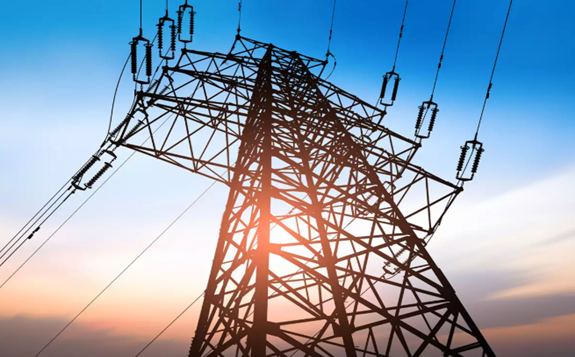A clear policy framework regarding energy storage is needed in the new electricity law for the adoption of storage technologies in suitable areas, an industry body has suggested. The Draft Electricity Bill, 2020, floated by the power ministry, seeks amendments to the Electricity Act, 2003, to address a series of challenges faced by the sector and provide measures to improve regulatory discipline, private sector participation and give a thrust on renewable energy sector, among others.

"While we welcome the proposed amendments, we are seeking a clear policy framework regarding energy storage in the act. India has emerged as one of the fastest-growing markets for renewable energy and energy storage technologies could be the key enabler for renewable energy integration and grid stability," India Energy Storage Alliance Executive Director Debi Prasad Dash said.
The IESA represents energy storage manufacturers, research institutes, renewable energy, power electronics, and electric vehicle manufacturing companies.
The IESA has also recommended defining energy storage in the Electricity Act as it could be helpful to start ancillary services and frequency regulation through energy storage as a flexible asset.
"It will also help to enable electric vehicles charging infrastructure, vehicle-to-grid concepts and Microgrids integration with expanded grid connectivity in the long run. We hope the ministry will consider IESA's recommendations to make the Indian electricity grid more resilient and reliable," Dash added.
The other recommendations include advocating storage purchase obligation - instead of a hydro purchase obligation which include significant environment and operational limitation.
"Storage purchase obligation can comprise various existing and emerging cost-effective solutions that provide appropriate flexibility. Discoms should be free to choose specific forms of procurement, either hybrid renewable energy + storage or renewable energy and storage independently," the IESA said.
Apart from these, the recommendations include ensuring power quality; automatic exemptions for allowed microgrids, renewable generation, back-up power, energy storage, electric vehicles; and removal of minimum threshold on contract demand especially for EV charging.
"Section 42 of the Electricity Act provides a minimum threshold on contract demand, this should be removed especially for EV charging when the aggregated contract demand is more than 1 MW.
"Currently the policy allows for open access to avail RE within the state only after paying the cost component to discoms as fixed by state electricity regulators, this clause should be relaxed as market forces would then ensure competition and drive in systemic efficiency," IESA recommended.